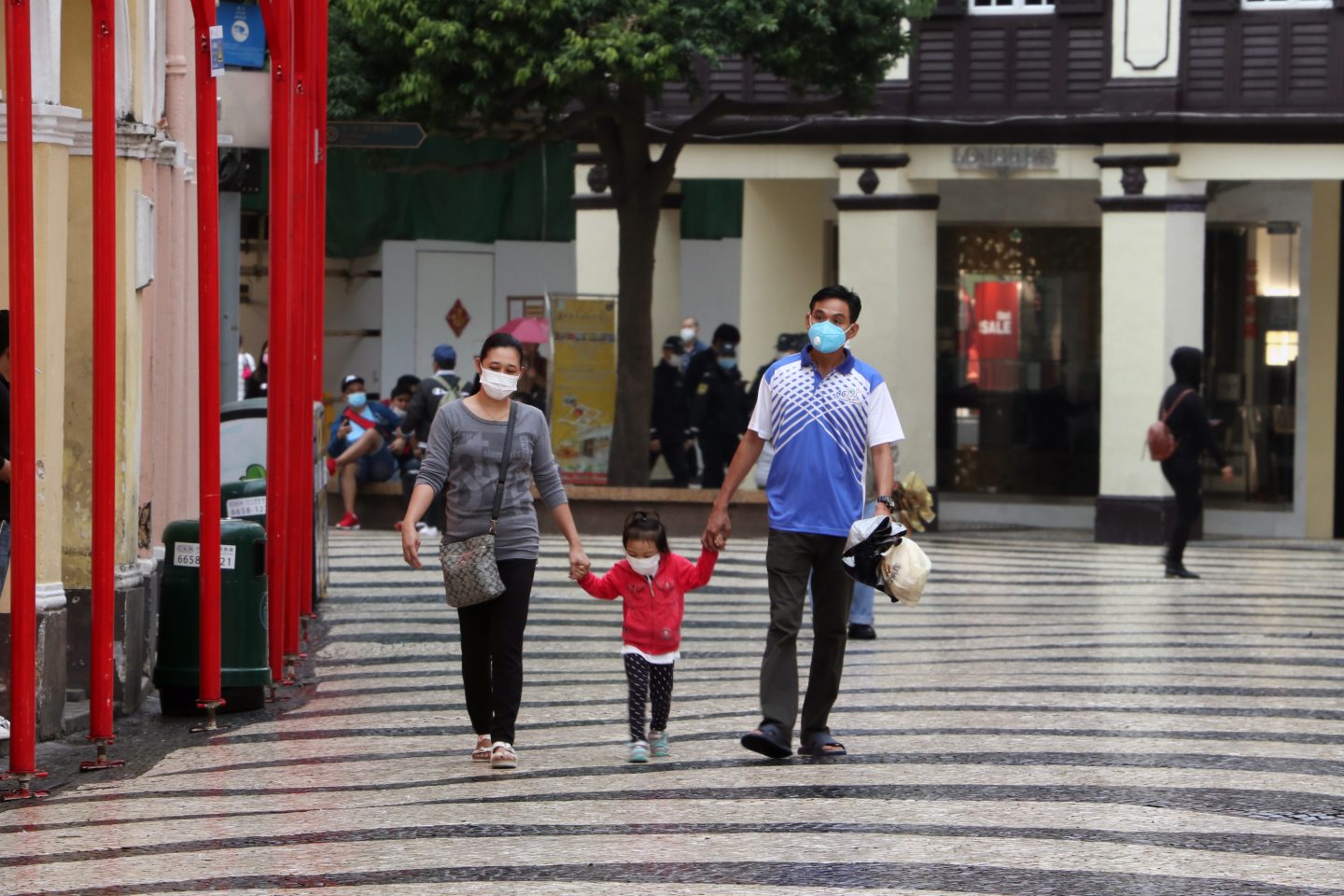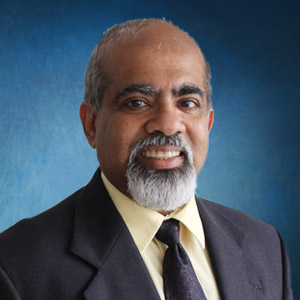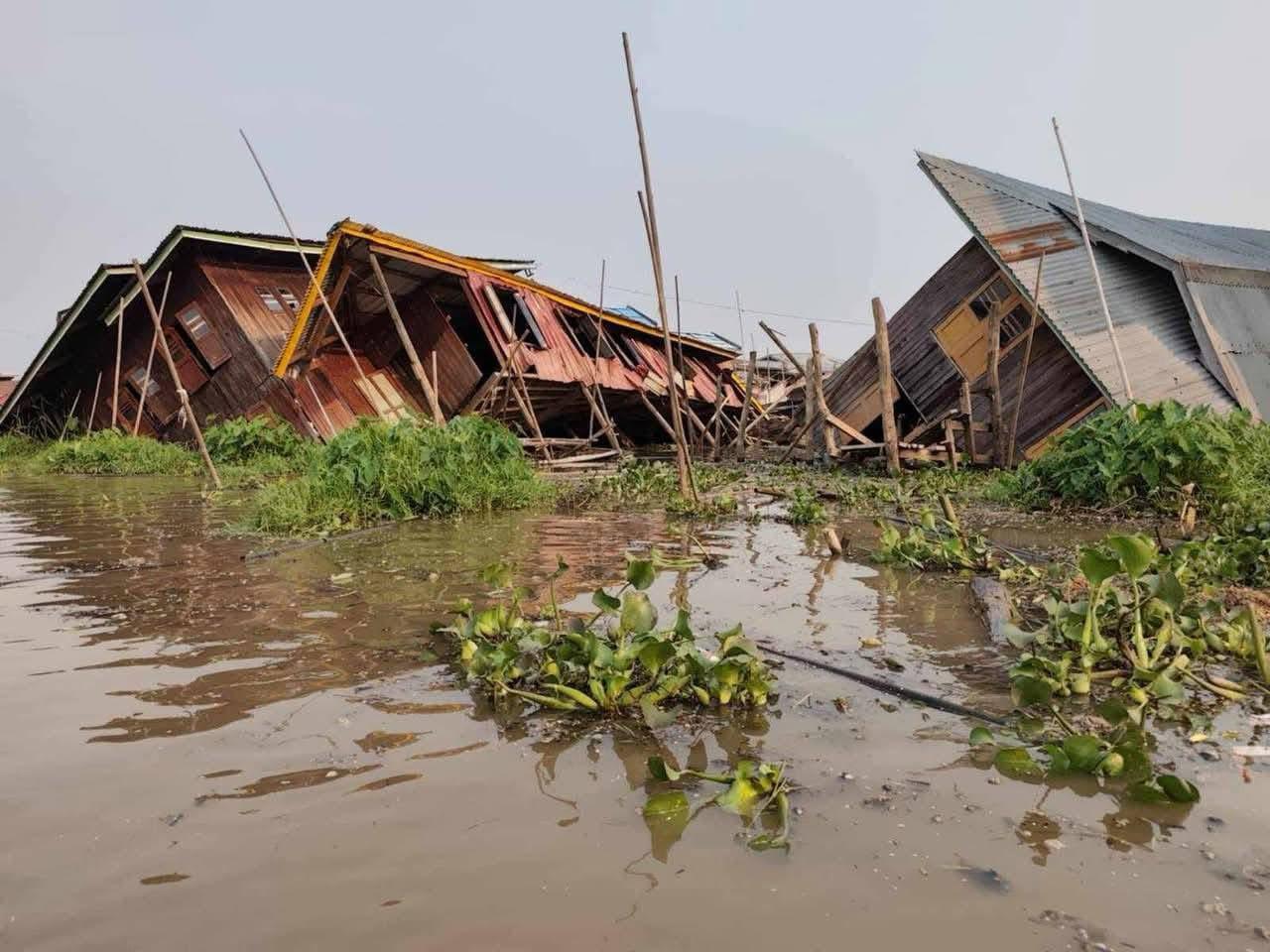When countries shut their doors, we open our hearts
Dr Andrew Spurgeon // March 16, 2020, 1:47 am

God can use our isolation to draw our hearts to him, says Dr Andrew Spurgeon. Photo by Macau Photo Agency on Unsplash.
News every day tells us that countries, one by one, are shutting their shores to foreigners.
This is not new. In AD 49, Emperor Claudius decided that the best way to stop the fights in synagogues over Chrestus was to expel all Jews – both Christians and non-Christians – from Rome (Suetonius, Divus Claudius 25.4).
When churches close their doors and go online, we make our homes the “houses of prayers”.
As a result, Aquila and Priscilla moved to Corinth, established their tent-making business, and hired a wandering preacher, Paul, as an apprentice in their business (Acts 18:1–4). Paul stayed with them for one-and-a half years and established the church in Corinth.
COVID-19 has a similar constraint or expulsion. I received a notice this morning from Air China that my flight from Singapore to Beijing in April, on my way to USA, has been cancelled.
Stranded in a safe and medically advanced country, I wonder what the early Christians faced as they packed their bags and wandered eastern Europe and Turkey as Rome shut its doors.
Homelessness is awful and frightening. Although I’ve never been homeless, I’ve been around people who escaped difficult regimes.
But there is always a silver lining – believers have spread the Gospel wherever they go. I think of Ram and Mary, my former students in India, who not only spread the Gospel in India but also in America as they wandered from country to country when they were expelled from Myanmar.
God alone can bring beauty out of disaster. The same is true of our situation now.
If it weren’t for Aquila and Priscilla and their hospitality to Paul (Acts 18:2-3), Corinthians would not have heard the Gospel and we would not have had two great epistles, 1 & 2 Corinthians.
God alone can bring beauty out of disaster. The same is true of our situation now.
My son, who works in the hospitality industry, is home without a job as his business is shut down indefinitely. Right now, his boss has promised his work is safe and he’ll receive a salary. But what will happen if the shutdown persists, no one knows. He might lose his job and has to search for another.
Salt&Light reported about a couple who left lucrative jobs to minister to children only to find that all their music ministry bookings for the next couple of months have been cancelled.
Hawker centres, food courts and shopping malls are empty. Taxis line up at the airport and tourist attractions like Gardens by the Bay without tourists. People are afraid to go out because of a virus that is invisible and malicious.
Yet, God can use this time. How?
1. God can use our isolation to draw our hearts to him
In Psalm 69, David speaks of a time when he was alone and isolated: “I sink in the miry depths, where there is no foothold. I have come into the deep waters; the floods engulf me.”
But even there, he finds the Lord and cries out to him.
When the twin towers were destroyed in 9/11, it was reported that people went to churches for the first time in a long time. People seek God in time of pain and sorrow. This is the time to pray for his deliverance.
When churches close their doors and go online, it isn’t an excuse to forget service or prayer. We make our homes the “houses of prayers”.
We bow before our Father in the comforts of our homes and worship him in Spirt and Truth (John 4:23–24).
2. We can open our hearts to people shut out of their countries
My wife and I rode in a taxi with an Italian living in Singapore. His passport alienates him from society. As we shared the taxi, we began to see a beautiful side to him. He is in love with a Malaysian. Maybe someday, they’ll marry.
Regardless, he is a soul, hurt and isolated by his passport. As Christians, we can shelter them (1 Peter 4:9), as Aquila and Priscilla sheltered Paul. They themselves were refugees, but they took in another wandering preacher, a migrant, into their homes. As a result, a church was born in Corinth.
3. We can pray together for God’s mercy to pour, once more, and heal us
I find that I take more precautions – such as washing my hands and not touching my face – than praying that God will intervene and stop this virus. My faith stumbles and my fears multiply.
But God who stopped the black plague and many other plagues can once again prevent COVID-19 to become a pandemic that wipes out the nations. (James 5:14)
So we pray. We pray diligently that God will intervene and stop this pandemic so that nations can once again open their borders, commerce can increase, those who lost their jobs can get them back, and we can be at peace.
We pray for His mercy. We pray for His intervention. And we shelter the homeless.
We are an independent, non-profit organisation that relies on the generosity of our readers, such as yourself, to continue serving the kingdom. Every dollar donated goes directly back into our editorial coverage.
Would you consider partnering with us in our kingdom work by supporting us financially, either as a one-off donation, or a recurring pledge?
Support Salt&Light



